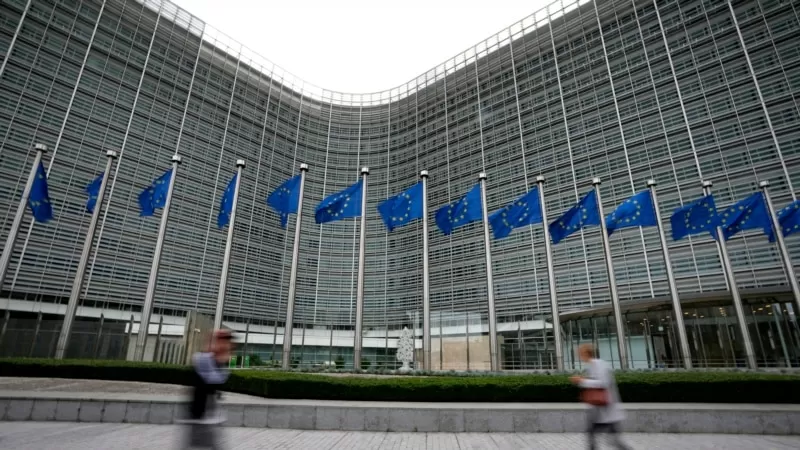AMSTERDAM — The semiconductor industry is a vital part of the global economy, with companies constantly investing in new technologies and innovations. In recent years, the European Union has been considering proposals to screen outbound investments in foreign computer chip technology by companies based in the bloc. However, semiconductor industry group SEMI Europe is urging the EU to place as few restrictions as possible on these investments, in order to maintain the agility and relevance of European semiconductor companies.
SEMI Europe represents approximately 300 Europe-based semiconductor firms and institutions, including major players such as ASML, Infineon, STMicroelectronics, and NXP, as well as renowned research centers like imec, CEA-Leti, and Fraunhofer. In a recent paper outlining its recommendations, SEMI Europe emphasized the importance of allowing European semiconductor companies to have the freedom to make their own investment decisions, without fear of excessive restrictions from the EU.
The EU is currently considering policies that would restrict outbound investments in foreign semiconductor, AI, and biotechnology companies, with a decision not expected until 2025. This move is in response to the United States’ draft rules for banning certain investments in China, in an effort to prevent the Chinese from acquiring advanced technology and dominating global markets. However, SEMI Europe believes that these proposed policies are overly broad and could have negative consequences for European semiconductor companies.
According to SEMI Europe, these restrictions could force companies to disclose sensitive business information and hinder cross-border research cooperation, which is crucial for the development of new technologies. In order to maintain their competitiveness and continue to drive innovation, European semiconductor companies must have the freedom to invest in the best technology and research opportunities, regardless of location.
SEMI Europe’s recommendations come at a time when the EU is also considering a law to screen inbound investments of foreign capital that may pose a security risk. This includes purchases of European ports, nuclear plants, and sensitive technologies. While it is important to protect against potential security threats, SEMI Europe believes that any restrictions on inbound investments should not impede the ability of European multinational companies to carry out necessary investments to sustain their operations.
The semiconductor industry is a highly competitive and fast-paced sector, with constant advancements and breakthroughs. In order to stay ahead of the game and remain relevant in the global market, European semiconductor companies must have the freedom to make their own investment decisions and pursue the best opportunities, without unnecessary restrictions from the EU.
SEMI Europe’s recommendations are not only in the best interest of European semiconductor companies, but also for the EU’s economy as a whole. The semiconductor industry is a major contributor to the EU’s GDP and provides thousands of jobs. Restricting outbound investments could hinder the growth and development of the industry, ultimately impacting the EU’s economy.
In conclusion, SEMI Europe is calling on the European Union to consider the implications of restricting outbound investments in foreign computer chip technology. While it is important to protect against potential security threats, SEMI Europe believes that these restrictions should not hinder the agility and competitiveness of European semiconductor companies. The EU must ensure that its policies strike a balance between security and maintaining the growth and relevance of the semiconductor industry. Let us hope that the EU takes SEMI Europe’s recommendations into consideration and works towards a solution that benefits both the industry and the EU’s economy.


